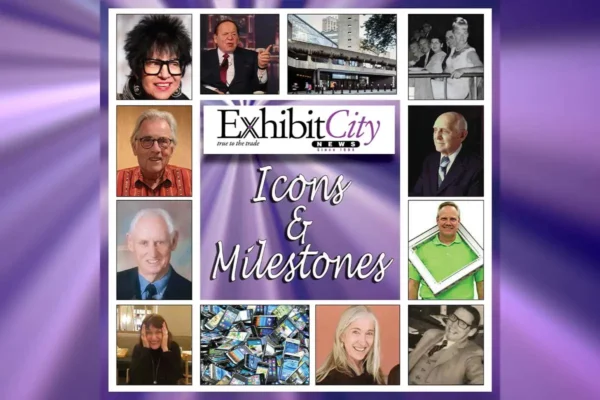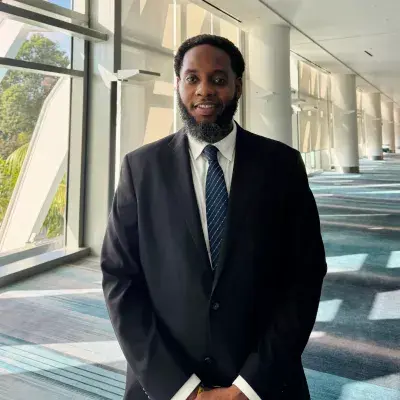As business tourism continues to gain recognition in Malaysia as a key economic driver, the Kuala Lumpur Convention Center (the Center), the country’s leading convention facility, and Taylor’s University School of Hospitality, Tourism and Culinary Arts (TCHT) joined hands last year (2011) to conduct a research project titled ‘Micro Impacts and Benefits of Business Tourism Malaysia: A Case Study of Kuala Lumpur Convention Center’.
The survey, the first of its type to be conducted by a convention center in the country, looked at three major areas of interest – travel information, delegate spend and delegate experience in relation to attendance at events held at the Center.
Speaking at a recent gathering to share the findings of the study, Datuk Peter Brokenshire, general manager, Kuala Lumpur Convention Center, said the first-hand information garnered from the delegates provided some useful insights into what needs to be done to develop the industry further and to enhance the Center’s, Kuala Lumpur’s and Malaysia’s competitiveness regionally and internationally.
“With the results, we also hope to identify supplementary areas and activities that can complement business tourism and in turn, expand the benefits derived from the industry through increased income, investment and employment,” said Brokenshire. “Given how competitive the market is; locally, regionally and internationally, we are cognizant of the need to stay ahead of the pack. Through this study, we now have more concrete information of what we do well and where we need to do better.”
In thanking TCHT for their collaboration and the meeting planners and delegates for their participation, Brokenshire said the information will be invaluable in helping not just the Center, but industry players, to examine the current facilities and services and where possible, do the necessary to better cater to the needs of conference delegates.
“Overall, delegates deemed Malaysia to be a desirable location with notable conveniences, such as excellent shopping and entertainment (restaurants and bars) facilities, a rich abundance of cultural diversity, admirable tourist attractions and a very attractive and modern looking city,” said Dr. Kashif Hussain, program director, School of Hospitality, Tourism and Culinary Arts. “However, some did ‘voice’ their concern over the city’s pollution, traffic and parking conditions, the long wait at customs on arrival at the airport and errant taxi drivers. Despite this, close to 40 percent (of all delegates) said they would return to Malaysia within the next three years.”
Other interesting insights from the survey:
- 35 percent of delegates were from the US$4,000+ (RM12,200) a month income bracket;
- 34 percent spent more than US$500 (RM1,500) on shopping;
- 30 percent booked pre- or post-tours;
- 66 percent spent less than US$100 (RM300) on local transportation; and
- 40.8 percent spent less than US$3,200 (RM9,800) during their stay, 13.8 percent spent US$6,408 (RM19,600) or more. This further supports the theory that business tourism delegates are higher-yield tourists compared with regular tourists and thus, generate more income for the domestic economy.
Survey respondents comprised more than 900 local and international delegates from over 70 countries from five events held at the Center in 2011. They were the 5th CINP Asia Pacific Regional Meeting 2011, 70th Institute of Internal Auditors International Conference 2011, SIFE World Cup 2011, Asia Pacific Congress in Maternal Fetal Medicine (APCMFM) 2011 and the 21st Asia Pacific Cancer Congress 2011.





























